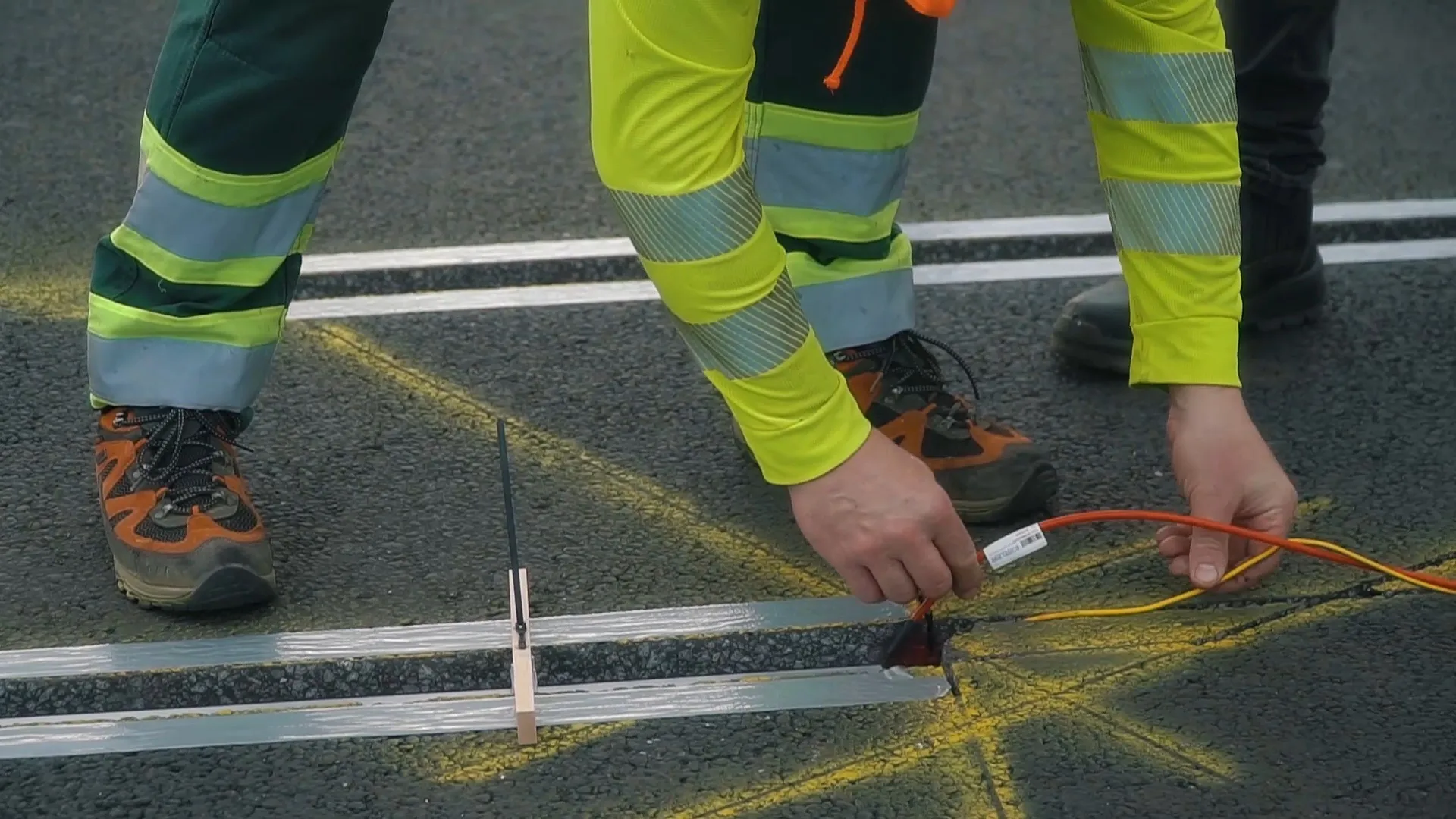In what is said to be an Australian first, infrastructure firm Global Road Technology (GRT) has been awarded a contract by the Indonesian military to build and develop roads across 1500 kilometres of the country’s border regions for civilian use with its specifically developed rapid deployment road stabilisation technology.
The technology has been specifically designed using in-situ material that can be rapidly deployed across border regions by the Indonesian military. These road stabilisation products
February 4, 2014
Read time: 2 mins
In what is said to be an Australian first, infrastructure firm Global Road Technology (GRT) has been awarded a contract by the Indonesian military to build and develop roads across 1500 kilometres of the country’s border regions for civilian use with its specifically developed rapid deployment road stabilisation technology.
The technology has been specifically designed using in-situ material that can be rapidly deployed across border regions by the Indonesian military. These road stabilisation products have been specifically formulated for rapid deployment areas in some of the most challenging conditions on earth.
GRT director of operations Ben Skinner said that the company is working alongside the Indonesian military as part of a project that he believes is one of the most logistically challenging the infrastructure firm has undertaken.
"Firstly this project is unique as it marks the first time an Australian firm has worked directly with the Indonesian military on an infrastructure project such as this, "Skinner said.
"We are working in areas that take up to five days to reach, located in challenging mountain and jungle terrain and it is due to these conditions, coupled with the project’s scale, that we anticipate that this contract may take up to several years before completion."
The technology has been specifically designed using in-situ material that can be rapidly deployed across border regions by the Indonesian military. These road stabilisation products have been specifically formulated for rapid deployment areas in some of the most challenging conditions on earth.
GRT director of operations Ben Skinner said that the company is working alongside the Indonesian military as part of a project that he believes is one of the most logistically challenging the infrastructure firm has undertaken.
"Firstly this project is unique as it marks the first time an Australian firm has worked directly with the Indonesian military on an infrastructure project such as this, "Skinner said.
"We are working in areas that take up to five days to reach, located in challenging mountain and jungle terrain and it is due to these conditions, coupled with the project’s scale, that we anticipate that this contract may take up to several years before completion."










